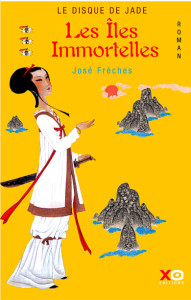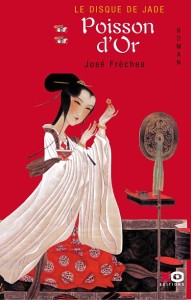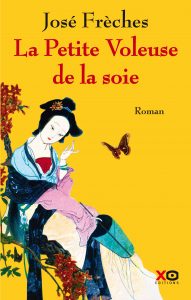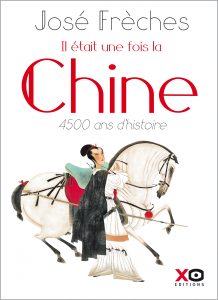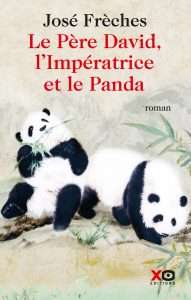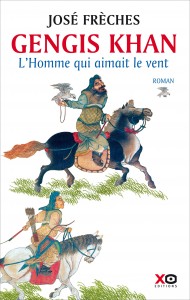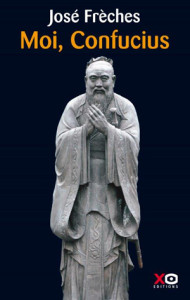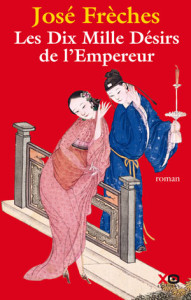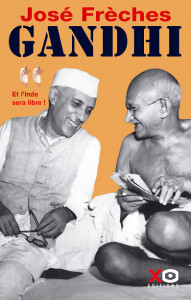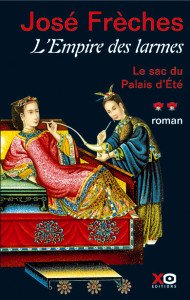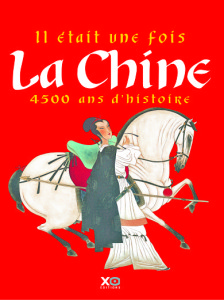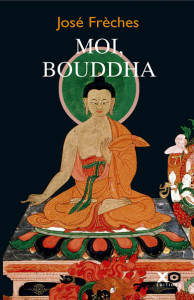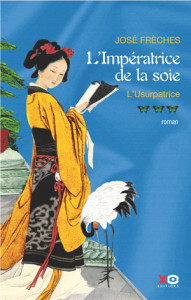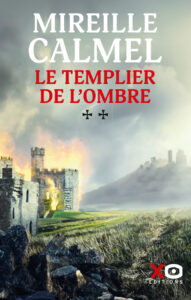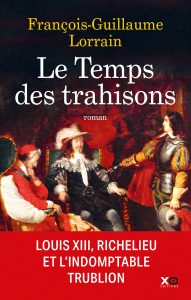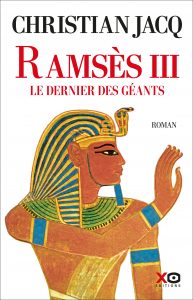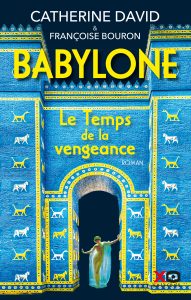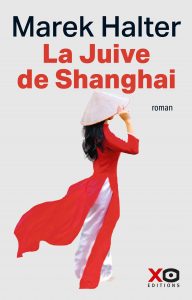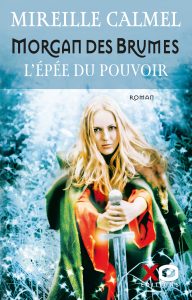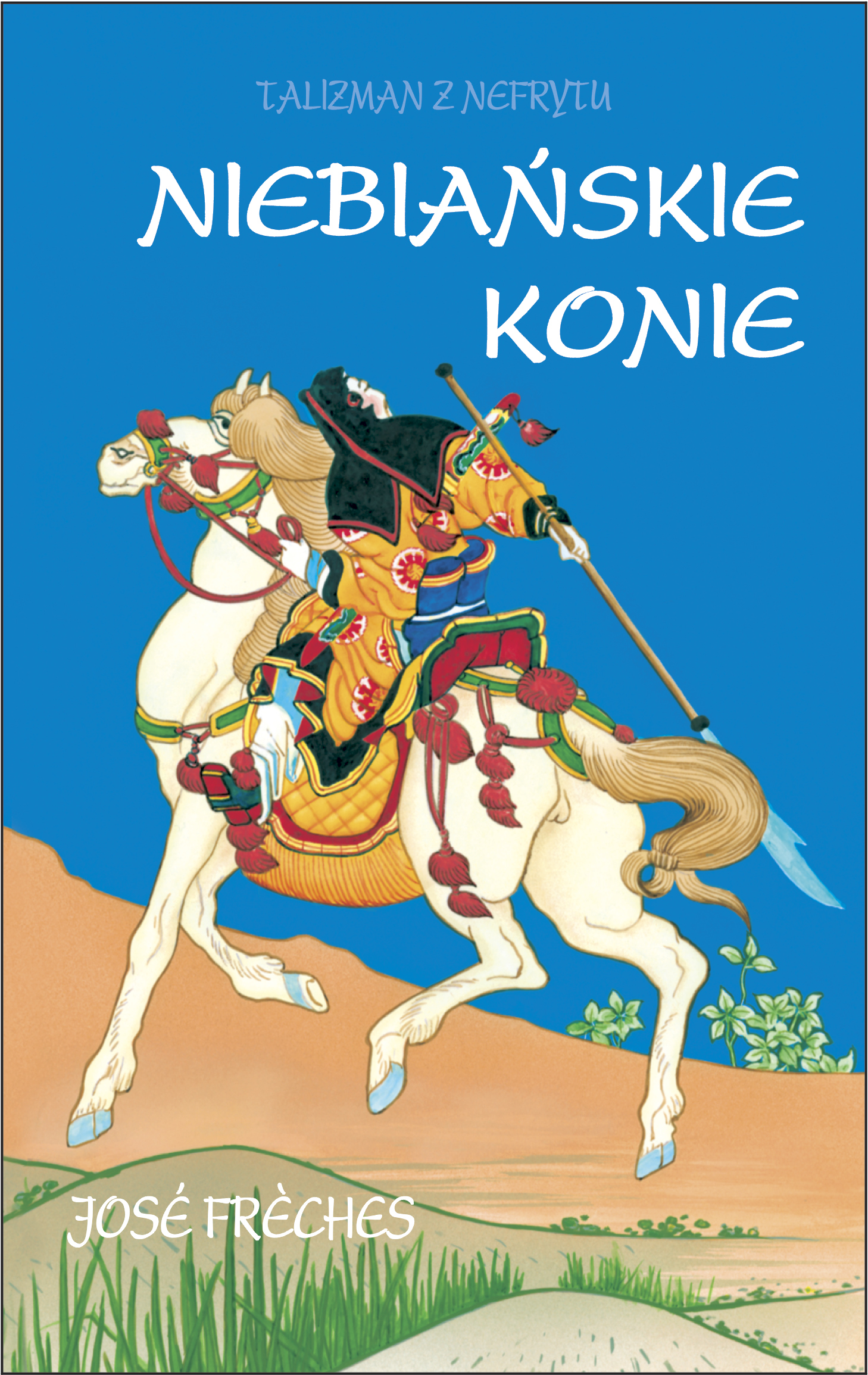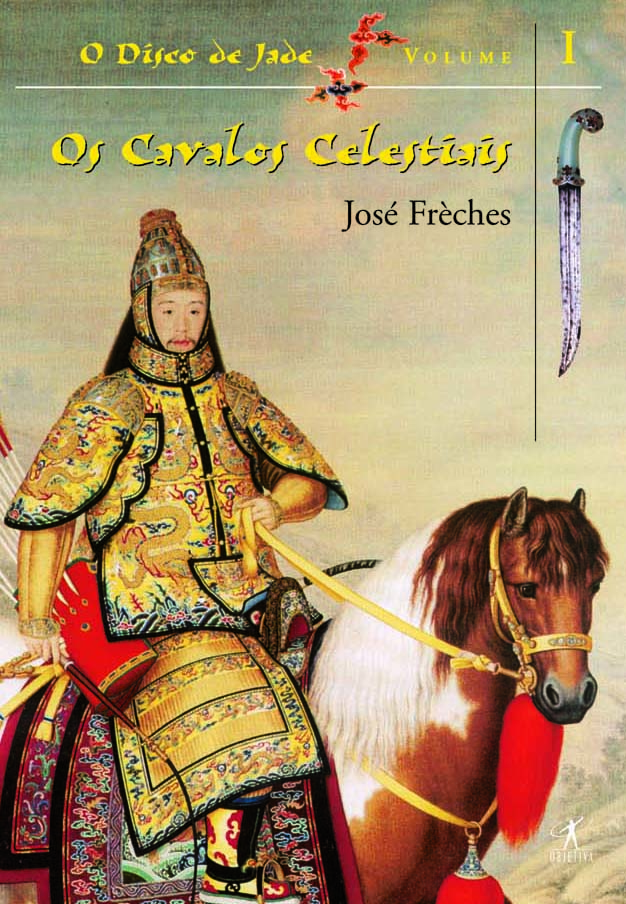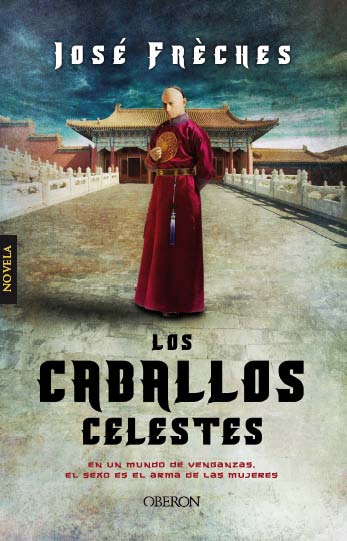Author's interview
“I was 18 years old when I started to study Chinese at University in Paris. I was immediately fascinated by this foreign and intricate language which opened the doors to this fascinating and multi-faceted civilization. Over the years, I took advantage of every chance I had to go to China to travel, to study and to eventually work there.
I have always felt the desire to share my passion for China. Understanding this vast and mysterious civilization is quite difficult because of the complex language and social mores. However once I got beyond these initial obstacles, I found that the Chinese, although obviously very different, share our fundamental concerns. There are no significant differences between them and us as far as love, joy, sadness, ambition, fear of death and will to live a happy life are concerned.
In writing THE LEGEND OF THE JADE, I tried to put myself in the shoes of the people of Ancient China. I tried to adopt their reflexes and their way of thinking: the principle of Yin and Yang, the Taoist idea of nature, the codes of love, sexuality, and war. By telling a great story, I wanted to take the reader by the hand on a trip into this fascinating land.
In the 3rd century BC, China was embroiled in the so called “Warring States Era.” The Kingdom State of Qin, from which China would take its name, was dominating its neighbours and eventually became the Great Chinese Empire created by Quing Hi Huandi. The famous army of terracotta soldiers and horses in Xian was commissioned in his honor to protect his grave.
Life at the court in Ancient China was governed by plots, concubines, philosophers and murders. Lubuwei, the main character of this first book, actually existed. He was a rich merchant and by providing “celestial horses” to the Kingdom, he gained access to the King’s inner circle, eventually becoming his Prime Minister.
Not unlike today, in the Kingdom of Qin, sexuality and politics was a dangerous combination! Queen Huayang, who was as beautiful as she was cunning, covertly used sexual favors to gain political power. In fact, sex is omnipresent in Ancient Chinese culture. Physical experiences are directly related to philosophy and spirituality. In the Taoist system harmony comes from the balance between the Yin (Female) and the Yang (Male) qualities.
This is one of the many reasons why this ancient civilization is such a gift for a writer. It is a bottomless well of inspiration. The extraordinary richness of the society, the extravagance of the royal courts, the poetic exoticism of the historical figures fire the imagination. And underneath all the conspiracies, liaisons and wars, flows the eternal moving force of the human soul.
In many ways, contemporary China is a natural extension of Ancient China. I hope that with my novel, through the colourful characters and twisting plots, I have managed to share my admiration and affection for this great civilization, and to familiarize a western audience with this country which has the largest population in the world and is bound to become an enormous economic and political power.”
José Frèches
Reviews
“One of the most astounding sagas ever imagined about China, a dazzling tour de force!”
L’Express
“An exhilarating read … with a grand epic spirit.”
Le Parisien
“The Legend of the Jade transports the reader into ancient China … a world as brutal as it is refined.”
Le Monde
“(The Legend of the Jade) blends all the ingredients of a classic epic.
Not to be missed… Prodigious historical adventure novels of this caliber are rare.”
L’Art de Voyager
“The Legend of the Jadecombines the satisfaction of effortlessly acquiring knowledge, with the irresistible desire to know what happens next.”
Madame Figaro

